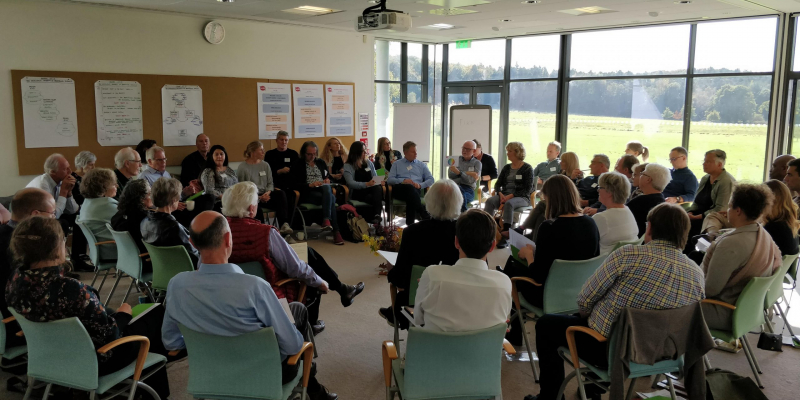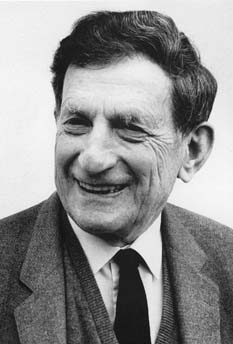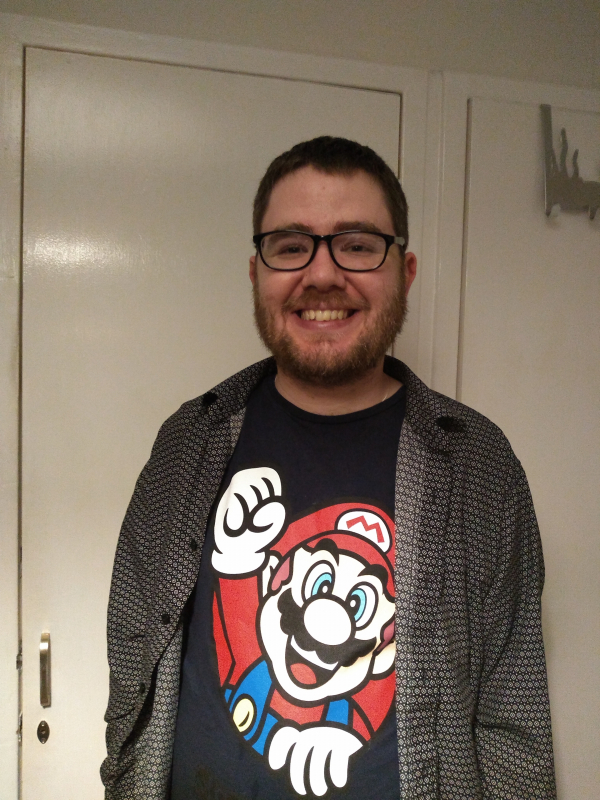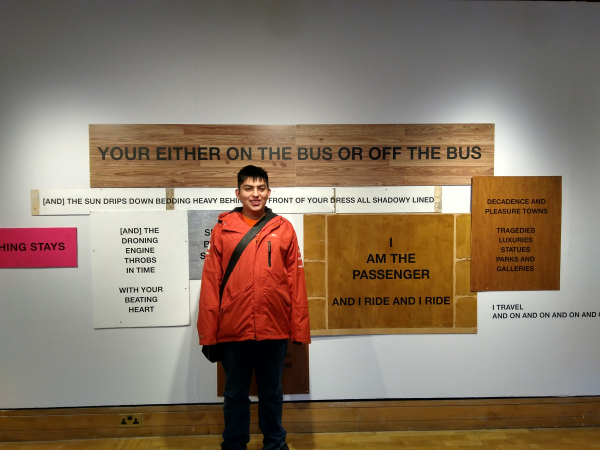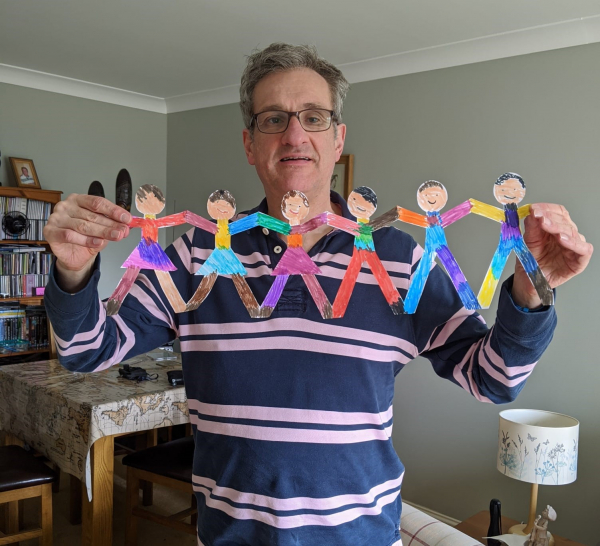The Power of Dialogue
Jonathan Drury FRSA, Founder of Autism Dialogue
Autism Dialogue is an inclusive, safe and confidential space that brings together members of the autism community including autistic people, parents, carers, practitioners and academics. Within the space there is an attempt to reach a common understanding and to experience everyone’s point of view fully, equally and nonjudgmentally. The application of David Bohm’s Professional Dialogue methodology allows multiple perspectives to co-exist in the same space of enquiry. This method of group communication has no agenda other than to explore the movement of thought and language in a spirit of generosity and care. Once parameters are set and trust is built, minds open and there is opportunity for deep reflection on important issues such as mental health, anxiety, isolation, stigma and social injustices, and some things are celebrated. Individuals participating come to understand what each other agree or disagree on, they build on each other’s contributions and the group keeps moving forward together.
A session might include autistic adults from all walks of life, a health commissioner, the parent of autistic children, an occupational therapist, a cognitive scientist and a school teacher. The dialogues are always rich and revealing and whilst it can sound esoteric for the uninitiated, dialogue is a very practical matter. Within the dialogic ‘container’, there is to be found emotional support and empowerment for individuals and increased cohesion for the autism community. This can lead to raised levels of understanding, tolerance and acceptance in wider society. We aim to train both community and organisational autism dialogue facilitators and convenors.
The Practice
The basic requirement for participating in Autism Dialogue is alignment with our overall aims and understanding of ‘the four practices’ of Dialogue. These are Voice (speaking your truth), Listening (to each other and oneself), Suspension (of judgement and assumption) and Respect (for each other and oneself). The facilitator’s role is to support the balance of conversation initially and to eventually become obsolete as everyone aims to facilitate together a dialogue that flows. There is never an obligation to contribute. People are reminded where the door is, and to know that they can leave at any time. In the case of online dialogues, no one has to have their camera on. Usual conversational modes such as side conversations are put aside, as participants ‘talk to the centre’. The pace is slow and an awareness of fairness in speaking time and processing time is nurtured. Silences are no longer ‘awkward’ and are utilised for processing a statement and experiencing thinking. Dialogues also have a convener who provides support for the facilitator, as well as ‘housekeeping’ of practicalities like timing, safeguarding and reminding of the practices.
History
The first ever Autism Dialogue session was instigated by Dr. Richard Smith at Sheffield Adult Autism Neurodevelopmental Service (SAANS), in September 2017. Richard had suggested I speak to Professor
Liz Milne at the University of Sheffield Autism Research Lab about my idea. Liz was coming to the end of a British Academy research project, providing a platform for autistic speakers, and warmed to the idea for an ‘Autism Dialogue’. In the initial session we asked the question ‘What are WE thinking?’, and around a dozen autistic people, parents and academics attended.
The people that consequently gathered since then have been at the heart of Autism Dialogue’s success. Early on there were only a handful of us sitting on sofas in the corner of a huge student union events hall. One week, one of the facilities staff had kindly prepared a ring of about 50 chairs under glaring spotlights that looked like the set for a psychological thriller!
After my diagnosis of Asperger’s, I found group sharing circles at SAANS supportive, but they seemed to lack what Dialogue could offer. ‘Bohm Dialogue’ is based on the work of the renowned quantum scientist David Bohm and I felt it was possible to go much deeper into understanding autism with this method. Today SAANS and Sheffield NHS’s Clinical Commissioning Group kindly invite users to attend the new online programme that we’ve convened in response to the Covid-19 crisis, funded by them to relieve pressure from services.
David Bohm
Early experiments with Autism Dialogue challenged my personal notions of disability, of power from within and from others, and the sensitive relationships I was building with people who I wanted to see as peers and friends. Sometimes when I chose to share I would occasionally lead the conversation down an autistic-existential rabbit hole! I was to do some deep reflecting on my own boundaries so Autism Dialogue could have maximum impact in society. It’s amazing to see friendships being formed and people undergoing transformations within the Dialogue space and in their lives.
I ran the monthly sessions as a volunteer for two years at the Quaker Meeting House in the centre of Sheffield, a perfect ‘autism friendly’ venue and held two annual conferences there.
Attendance and speakers from national organisations led to wider interest and talks are underway to develop schemes at organisational level. This has been made possible with ongoing support from the founders and fellow members at the Academy of Professional Dialogue. Jackie Elliott, a specialist in women leaders and team coaching has been instrumental in organising this year’s programmes and extremely supportive as my usual session convener.
I gained Postgraduate Certificates in Autism and Coaching & Mentoring and last year I was invited by the Royal Society of Arts to become a Fellow ‘for services to language and communication in the autism and neurodiversity communities’. I’ve spoken at a few conferences and I’m very grateful to Scottish Autism who have invited me to speak in Glasgow at their next conference.
Future
Participatory research in autism is evolving and, as a social enterprise with research aims, we hope our approach can help to narrow the research-to-practice gap. Professional Dialogue is being developed as a research methodology in and of itself among a growing network of practitioners.
Disagreements are a part of human nature but we believe the rules of engagement in dialogue increases tolerance of difference. Because Dialogue is a tool for community cohesion, among other things, as we grow internationally, embracing online technology, we need to urgently address how autism differs across continents and cultures. In May we received an award from the Royal Society of Arts towards this focus, launching a new and exciting phase.

